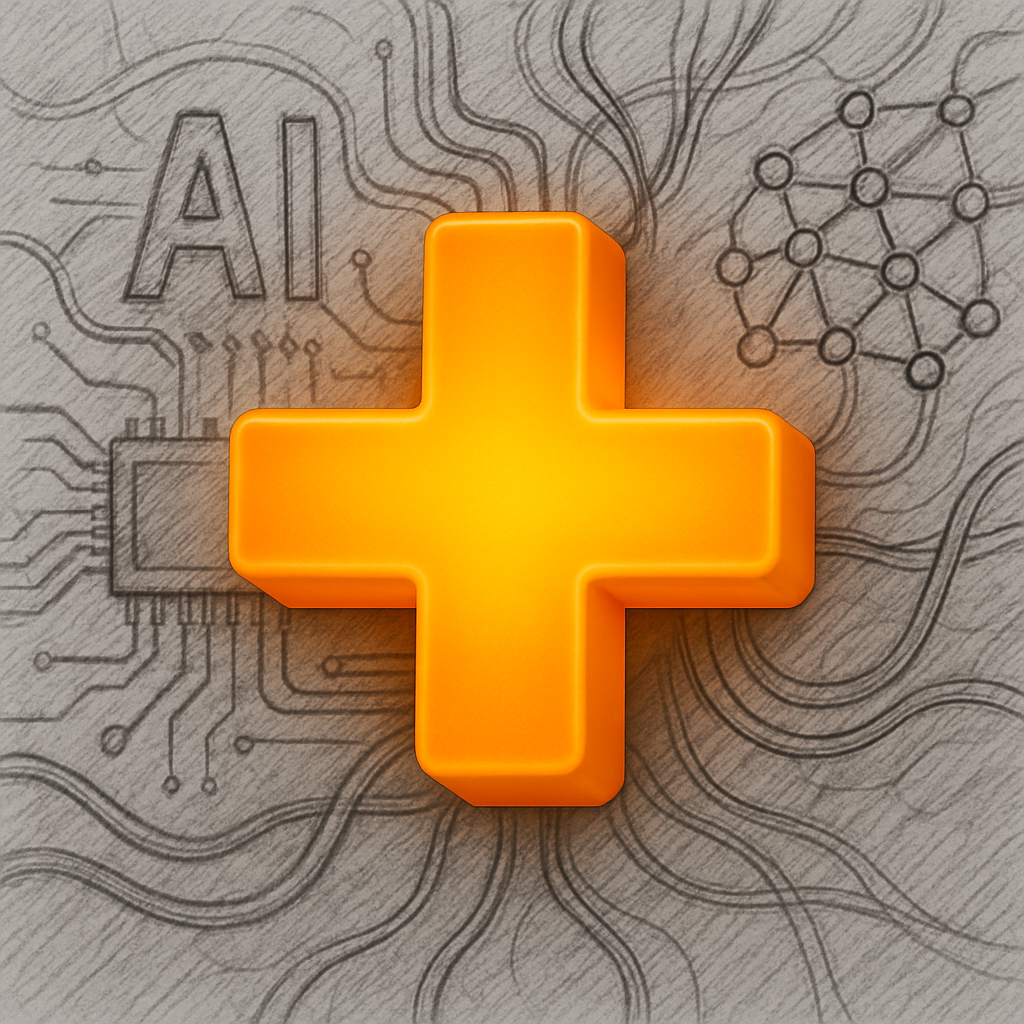What Knowledge do We Need?
Around 2001, I bid a respectful farewell to my copy of the book “The New Fontana Dictionary of Modern Thought” (I used “farewell” to make it sound more poetic, even though I simply put the book in paper recycling).
Fontana was my go-to place for ideas about everything, a place that contained “some 4000 entries by 326 expert contributors. Nearly 1000 entries were entirely new in the 2000 edition.”
Why? Because at the time, the combination of Wikipedia and, even more so, the Google “Define” feature (try it even today… just write “define happiness” in the Google search bar and get a well-crafted definition of every concept) made a significant impact. Modern digital tools have replaced physical memory.
New Technologies Transform “The Knowledge Worth Having”
For example, you don’t need the long multiplication technique because a calculator can do it. By the way, Google can also do it—try “6*8” in the search bar to get the immediate answer. So, we need to know about multiplication, but not how to perform it.
Some specific knowledge remains essential for everyone.
- “If you feel one side of your face or body is not reacting — you better act quickly because it can be a stroke.” This is the kind of knowledge you don’t want to keep just for GPT.
- “When you replace a car wheel, you better loosen the bolt before you jack up the car.” This is the kind of knowledge that can save lives, but it’s only relevant if you need to drive a car.
- “If you poke a lemon with a fork before you squeeze it, your shirt will not get dirty.” I guess this knowledge is practical; it won’t save lives, but it will save shirts.
- There is a difference between the measurement systems (metric vs imperial). Make sure all team members use the same one. (see
NASA Mars Climate Orbiter (1999) is the classic case:
- Issue: One team used imperial units (pound-seconds of force), the other used metric units (newton-seconds).
- Result: The orbiter entered the Martian atmosphere too low and burned up.
- Cause: Unit mismatch between software modules from different teams (Lockheed Martin used imperial; NASA expected metric).
- Cost: ~$125 million lost.
It’s the go-to example of how unit inconsistencies between teams can lead to space mission failure. Want a summary line for quoting?
The Bottom Line: Change in What Knowledge We Should Add, and How We Add It
These days:
It’s much less about knowing the facts or even using the right words — it’s more about asking questions and continuing to probe. Note: Working with GPT can be more time-consuming if you want to gain a deeper understanding of it. (At some point, you’ll need to escape the rabbit hole.)
There is so much knowledge out there that it is impossible to digest, let alone remember or organize it all. A good strategy for digesting new knowledge is to be aware, but not waste time delving into it unless you need it. (On the MindLi platform, we support this by quickly adding Sparks and allowing you to revisit them as needed.)
We should be much more careful about the time spent acquiring new knowledge versus going deeper into it. AI tools allow you to quickly summarize a paper to assess its value. Assuming you have the proper storage and retrieval method, you can always return to it.
Note the recent (April 2025) OpenAI memory feature, which simply uses all the previous conversations that you have requested as background.
In conclusion, much like “search” ala Google, AI is also changing the way we add knowledge. While a search engine gave us a set of sites to look at (and some ads) quickly, GPT-like AI gives us a more focused and aggregated answer. Even more so, digesting the knowledge can be done at the source (you can have more into, less info, or any other mental transformation right there in the session).
More choices are now needed regarding (a) what knowledge is essential to us (and not trying to do it all); and (b) how we initially digest it (starting with just keeping a link to the knowledge, creating an abstract, or going deeper).
My suggestions: make the right choices by allowing yourself to be reflective.

